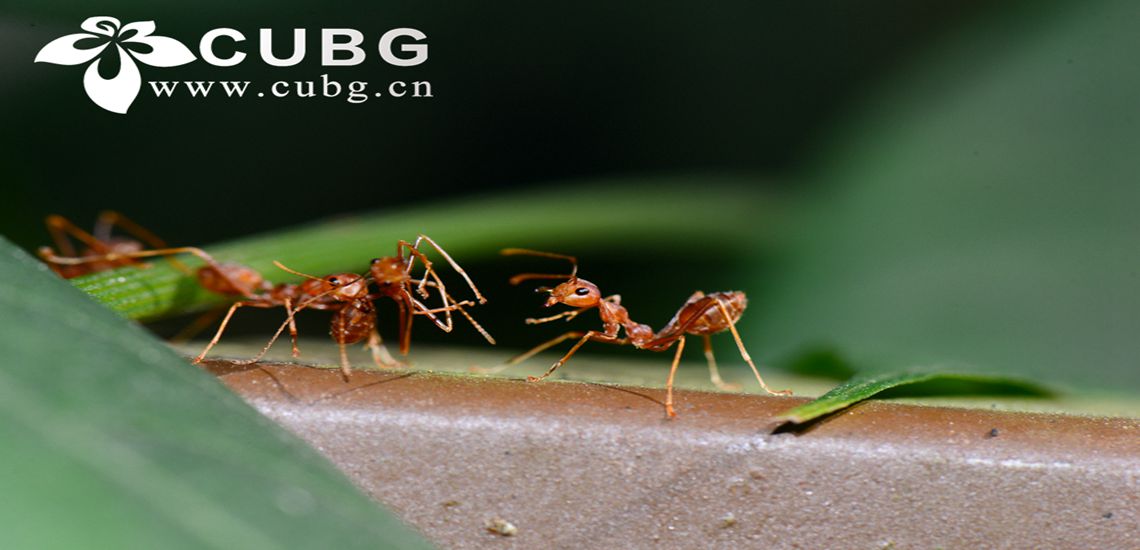Abstract:
Ants are one of the most dominant animal groups, boasting over 13,000 described species spanning nearly every terrestrial microhabitat. It is difficult to demonstrate ecological and evolutionary processes that explain the success of groups like ants, and such work remains at the forefront of ecology and evolutionary biology. I explore the role of morphological traits, particularly defensive traits, in influencing species diversification and trait divergence on a broad, family-wide scale as well as in more fine-grained case studies. For this presentation, I will first present a summary of two previously published studies, one on defensive trait evolution in ants on a genus-level scale, and another on lab trials with Polyrhachis, a hyperdiverse genus of ants varying widely in cuticular spine size, number, and shape. Then, I will discuss in more detail a recent study in which a coauthor and I used phylogenomic methods to infer an expanded Polyrhachis phylogeny and test for trait-based diversification as well as evolutionary associations between spines and other traits like geographic range size. Taken together, this work supports the importance of defensive traits for ant evolution and ecology and also reveals the necessity for further, more detailed ecological studies probing the relationship between morphological traits and ecological interactions in ants.
Speaker: Dr. Benjamin D. Blanchard
Affiliation: XTBG
Time: 4:30 PM, Tuesday, Nov. 1, 2022
Venue: ZOOM 会议平台 会议 ID:312 430 8960 会议密码 PWD:666666
ZOOM
会议 ID:312 430 8960
会议密码 PWD:666666



